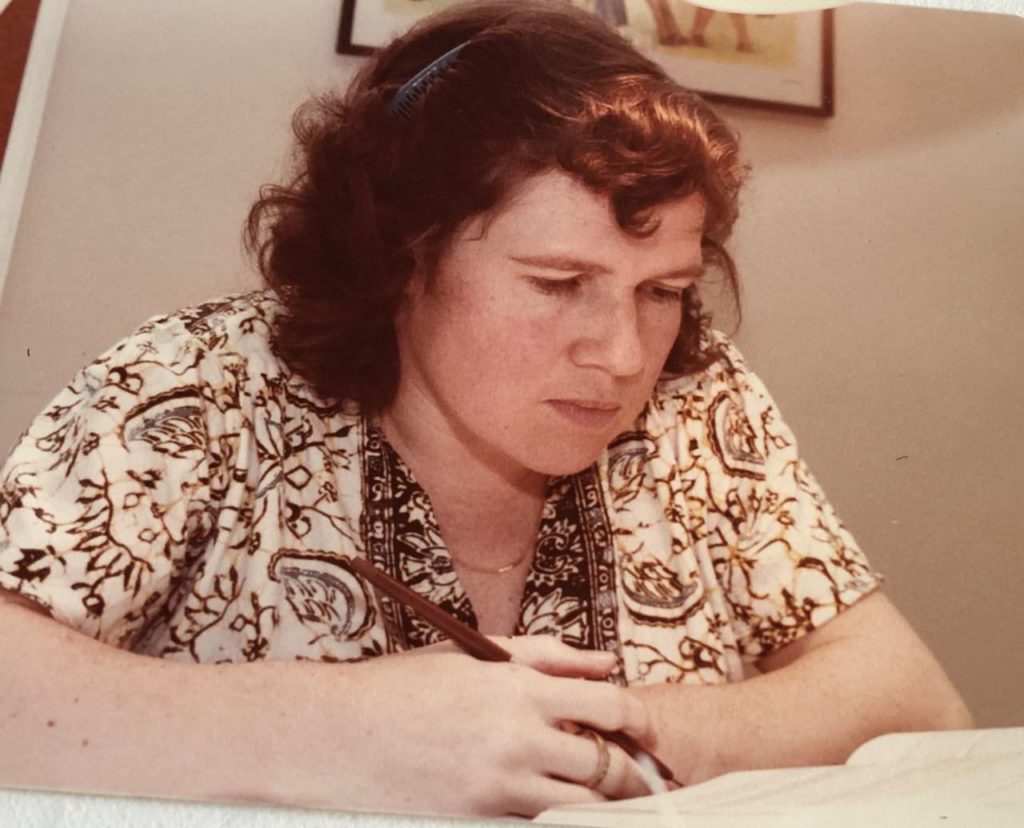
When I graduated from the University of Auckland in New Zealand with a Bachelor of Laws, I never dreamed that seven years later I’d be sitting in a law school classroom in Baltimore, Maryland. But my decision to marry an American and emigrate from New Zealand to the United States made further study necessary. In order to practice law in the US, I needed the American juris doctorate degree and a license to practice law in each state where I worked as a lawyer.
The University of Maryland School of Law accepted my application for admission without Law School Admission Test (LSAT) results when the administration agreed that my NZ law degree and five years law practice demonstrated the skills the LSAT was measuring—those essential for success in law school.
Want to subscribe to receive blog updates sign up today!
However, the school denied my request for two-thirds credit for my NZ law degree even though New Zealand, like the US, was based in common law. I appealed the decision.
The assistant dean informed me of my right to bring a petition for review to the admissions committee, but warned that I was wasting my time. As the committee chairperson, he didn’t foresee a different outcome to the one-third credit the committee had approved. I told the dean it was my time to waste.
When presenting my petition, I addressed the committee members with the same respect given to an appellate panel of judges. At the end of the review hearing, the law professor who appeared to have the greatest influence on the members commented, “Well, you do act like a lawyer.” What did he expect from someone with thousands of court hours under her belt?
Despite the dean’s prediction, I did persuade the committee to change its decision. Even though I didn’t get the two-thirds credit requested, the committee compromised and gave me credit for half my NZ law degree. This reduced my law school attendance from four semesters to three and saved a significant amount in tuition fees.
I never knew if my dwarfism factored into the school’s decision-making, but they had no hesitation in providing me with reasonable accommodations for parking, an elevator key, a locker and mailbox within my reach, and a stool in the library.
In an unexpected twist, Robert began a job in Cleveland, Ohio when I still had one semester of law school to complete. Thankfully, when I presented my dilemma to the dean and chair of the administrative committee, he said they were not so callous as to expect a husband and wife to live separately. I was allowed to study at the Cleveland-Marshall College of Law—an American Bar Association approved law school—and count the credits toward my Maryland law degree. (It helped that I had already completed all the required courses in Maryland.) As a reasonable accommodation, the Cleveland law library bought the best stool I’ve ever seen—one with wide steps, hand-rails, and a platform at the top.
So what battles have you fought that are unrelated to your disability?
This post is excerpted from Chapter 5, Baltimore Beginning and Chapter 7, Cleveland Changes in “Pass Me Your Shoes.” For a full account, go to https://angelamuirvanetten.com for several retail links to the book and the opportunity to subscribe to my weekly blog.
